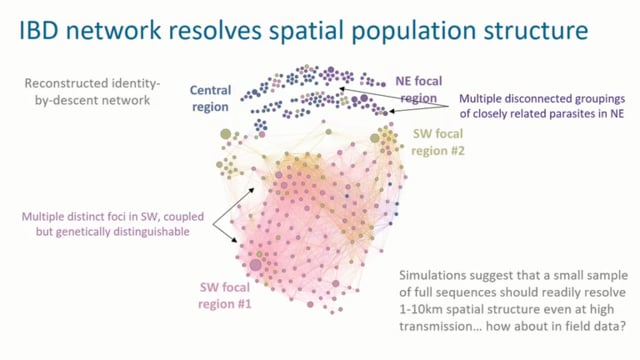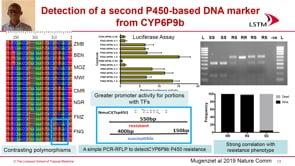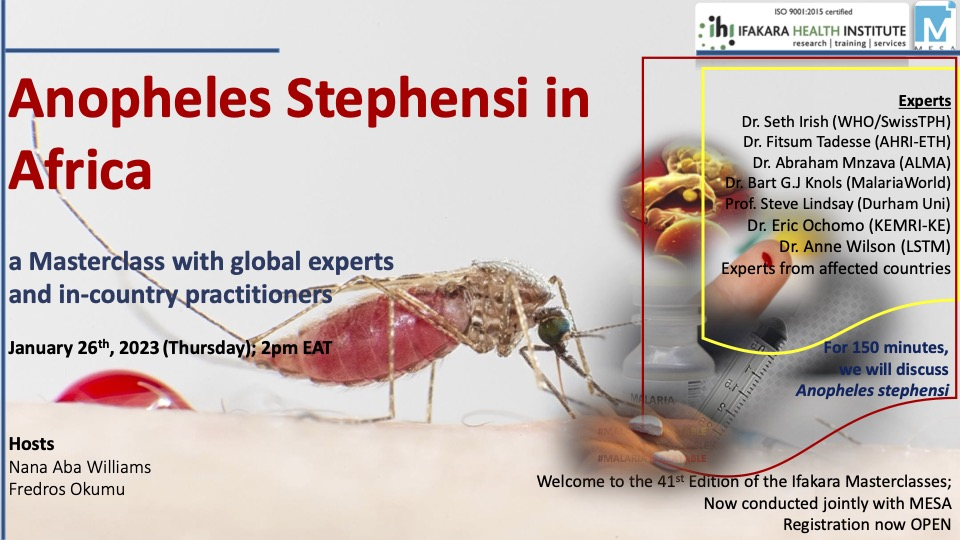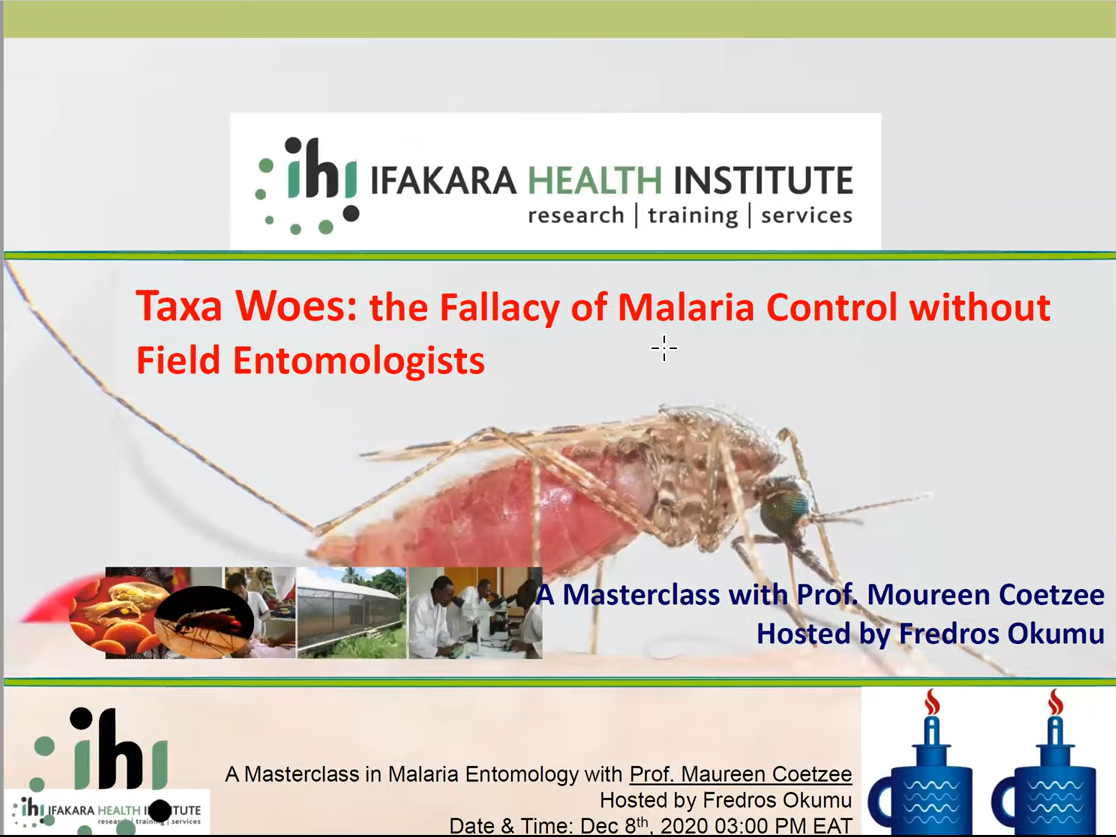ASTMH 2017, Edward Wenger: “Relating genetic signatures to transmission conditions responsible for the emergence and spread of multi-drug-resistant parasites in Cambodia”
Collaborator(s): Institute for Disease Modeling, United States
Countries: Cambodia
Published: 08/11/2017
In collaboration with ASTMH, Image Audiovisuals, and session presenters, MESA brings you this webcast from the 66th ASTMH annual meeting in Baltimore, November 2017
Title: “Relating genetic signatures to transmission conditions responsible for the emergence and spread of multi-drug-resistant parasites in Cambodia”
Speaker: Edward Wenger, Institute for Disease Modeling, USA
Session information:
Symposium 0137: “Malaria: Genetics and Genomics”(link is external)
Wednesday, 8 November, 10:15 – 12:00 PM, Convention Center – Room 321/322/323 (Level 300)
Abstract:
Over the last decade, multiple independent emergences of artemisinin-resistant parasite strains have occurred in SE Asia. More recently the emergence and spread of parasites resistant to partner drugs in artemisinin combination therapies presents a challenge to the goal of elimination in the Greater Mekong Subregion. What are the characteristics of transmission networks in Cambodia that are responsible for the emergence and spread of ACT-resistant strains? Using a dynamical malaria model that tracks full parasite genomes, we have simulated a range of transmission topologies characteristic of malaria exposure in small forest-going populations. We relate the time series of genetic signatures observed in clinical samples — e.g. region of origin, drug-resistant markers, relatedness of parasite strains within and among infections — to infer the local intensity of transmission and connectivity between regions. We find that small effective populations, frequent founder effects, focal risk, long-range migration, and drug-usage patterns significantly affect the rate of selecting resistance in our simulations. Finally, we demonstrate the value of timely genetic surveillance to inform future treatment strategies in a world of widespread ACT failure.
THEMES: Drug Resistance



